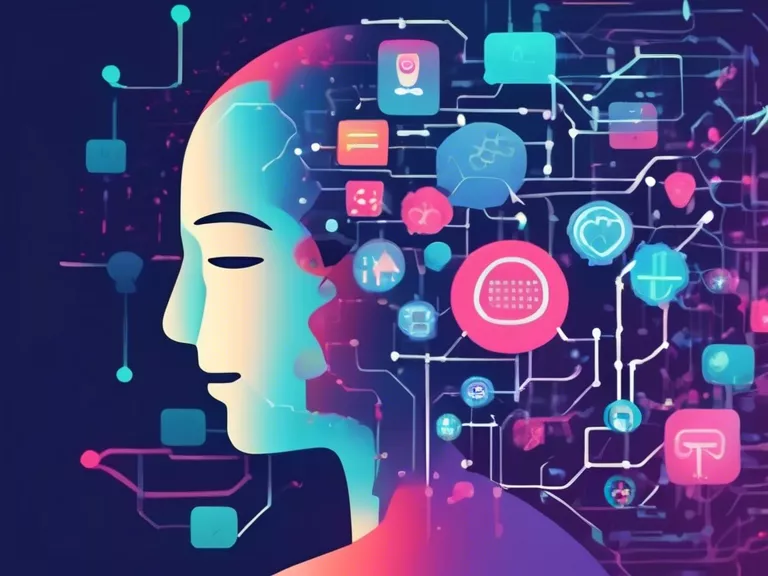
The Role of AI in Developing Personalized Mental Health Interventions
In recent years, there has been a growing interest in using artificial intelligence (AI) to develop personalized mental health interventions. Mental health conditions affect millions of people around the world, and traditional one-size-fits-all treatment approaches may not always be effective. By utilizing AI technologies, researchers and clinicians can now tailor interventions to the specific needs of each individual, leading to more targeted and effective treatment outcomes.
One of the key advantages of using AI in mental health interventions is its ability to analyze large amounts of data quickly and efficiently. By collecting and analyzing data from a variety of sources, including electronic health records, wearable devices, and even social media, AI algorithms can identify patterns and trends that may not be apparent to human clinicians. This information can then be used to develop personalized treatment plans that are tailored to each individual's unique needs and preferences.
AI can also be used to predict the risk of mental health issues before they arise. By analyzing data from various sources, such as a person's online activity and communication patterns, AI algorithms can identify early warning signs of conditions like depression or anxiety. This can help clinicians intervene proactively, offering support and resources before a mental health crisis occurs.
Furthermore, AI can be used to deliver mental health interventions in innovative ways. For example, chatbots powered by AI can provide support and guidance to individuals in real-time, offering coping strategies and resources whenever they are needed. Virtual reality platforms can also be used to create immersive environments for exposure therapy, helping individuals confront and overcome their fears in a safe and controlled setting.
In conclusion, the role of AI in developing personalized mental health interventions is promising. By leveraging the power of AI technologies, researchers and clinicians can provide more targeted and effective treatment options for individuals struggling with mental health issues. As technology continues to advance, we can expect to see even more innovative and personalized interventions that improve the lives of those affected by mental health conditions.



